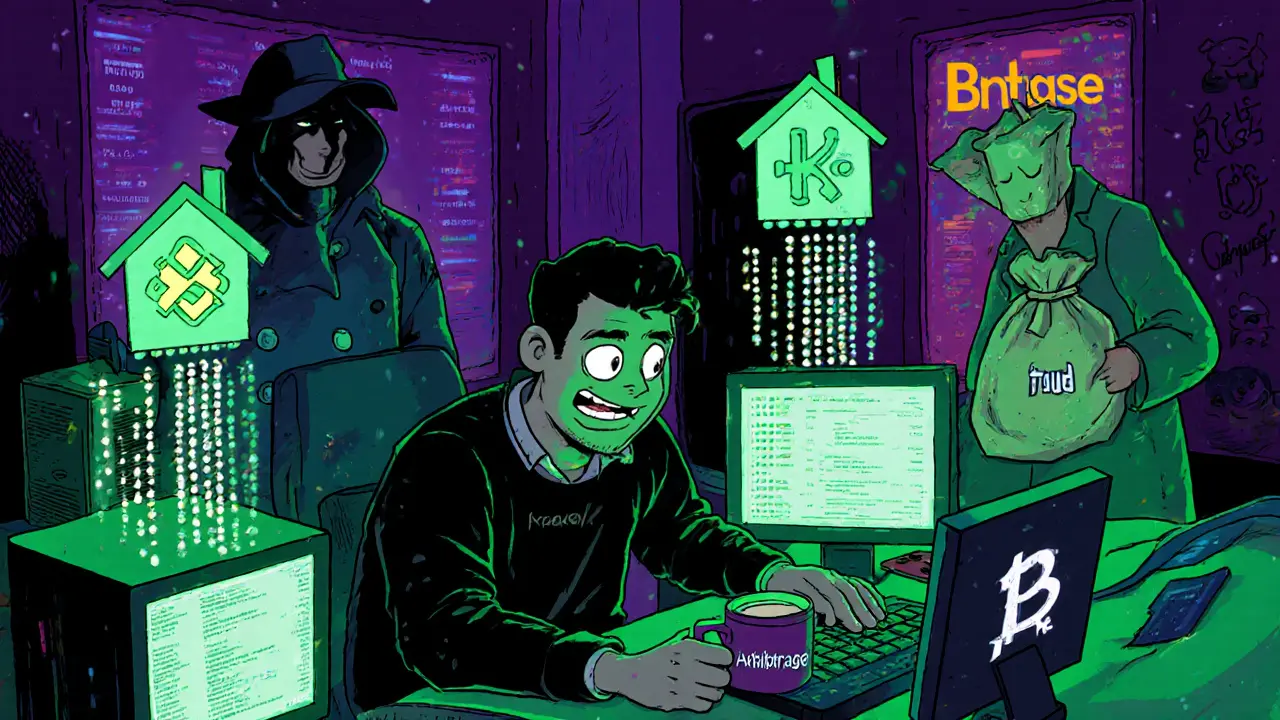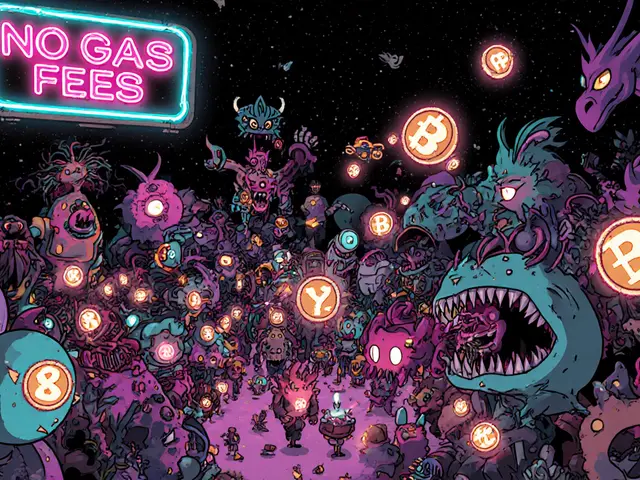Proxy Risks in Crypto: What You Need to Know Before Using VPNs or Fake Exchanges
When you use a proxy, a tool that masks your internet traffic to bypass restrictions or hide your location. Also known as VPN or intermediary server, it can help you access blocked crypto platforms—but it also opens the door to serious proxy risks. Many traders in countries like Nigeria, Bangladesh, and Vietnam rely on proxies to get around government bans. But what they don’t always realize is that the same tools that give them access can also lead them straight into scams.
One of the biggest proxy risks, is connecting to fake crypto exchanges disguised as legitimate platforms. Also known as scam exchanges, these sites look real but are built to steal your keys or vanish with your funds. Look at CreekEx or Woof Finance—both were fake platforms that tricked users into depositing crypto, then disappeared. These aren’t edge cases. They’re the norm for unverified services accessed through proxies. Even worse, some users think using a VPN makes them safe. But if you’re logging into a site like Armoney or KCCSwap—both of which don’t exist as real exchanges—you’re not bypassing restrictions. You’re walking into a trap. The proxy doesn’t protect you from bad actors. It just hides your trail after you’ve been robbed.
Then there’s the hidden cost: crypto regulations, the legal frameworks that govern how and where you can trade digital assets. Also known as national crypto policies, they’re not just bureaucracy—they’re your first line of defense. Countries like the UK, South Korea, and Indonesia have clear rules. If you ignore them by using a proxy to access unlicensed platforms, you’re not just risking your money. You’re risking legal trouble. And when a project like Project Quantum or TajCoin has zero trading volume and no team, it’s not a hidden gem—it’s a dead end. Proxies won’t bring it back to life.
And let’s not forget the airdrop traps. If you’re chasing free tokens from DSG, ACMD, or BUNI through a proxy-connected wallet, you’re often feeding your private keys to phishing sites. Real airdrops don’t ask for your seed phrase. They don’t rush you. They don’t appear on shady forums. They’re announced on official channels. But proxies make it easy to land on fake pages that look just like the real thing.
You don’t need a proxy to trade crypto. You need to know which platforms are real. Which ones are licensed. Which ones have public trading volume, customer support, and transparent teams. The posts below show you exactly that: the scams exposed, the real exchanges reviewed, and the risks you can’t afford to ignore. Whether you’re in Bangladesh, Nigeria, or anywhere else with restrictions, the path to safety isn’t through a hidden server. It’s through clear facts.





